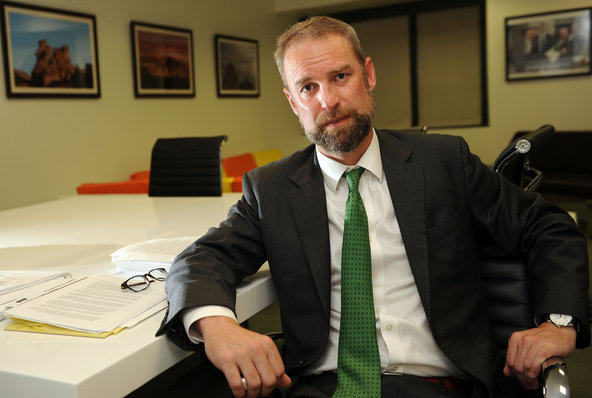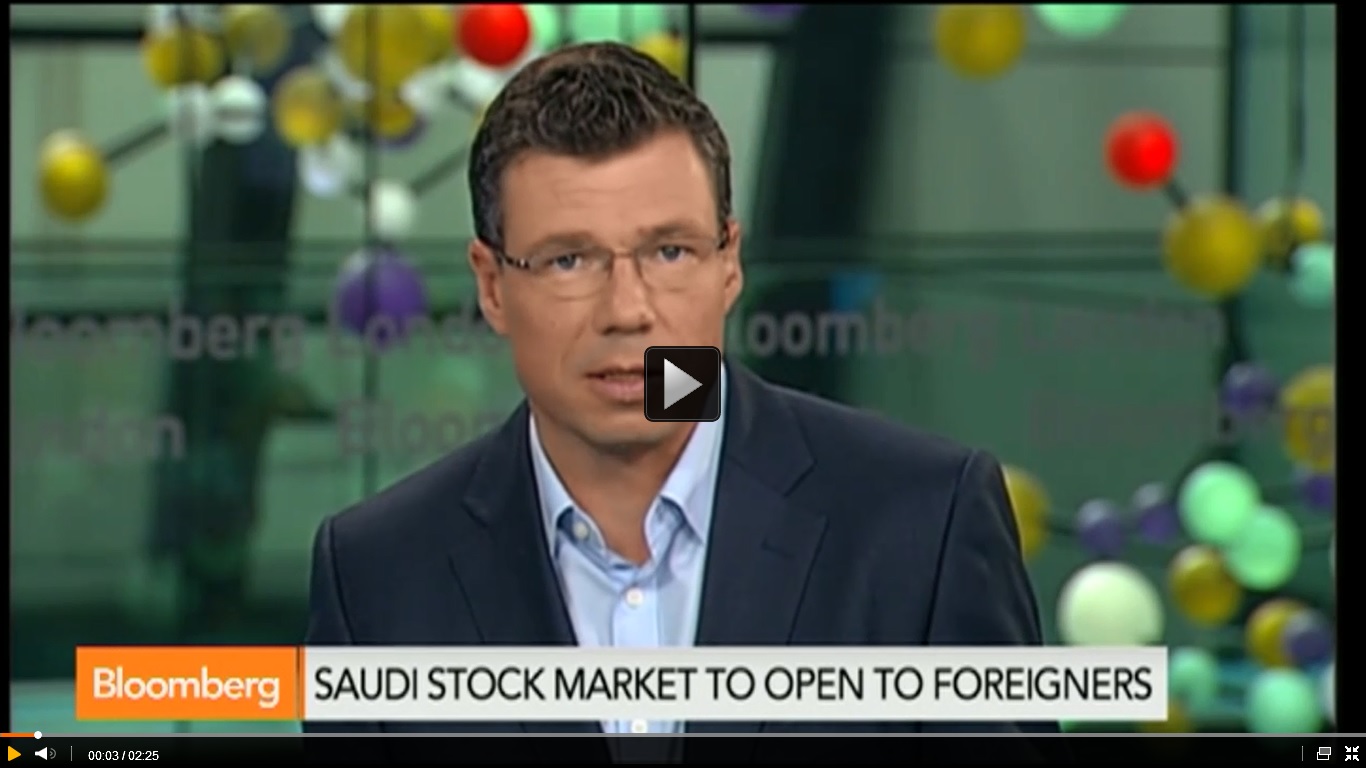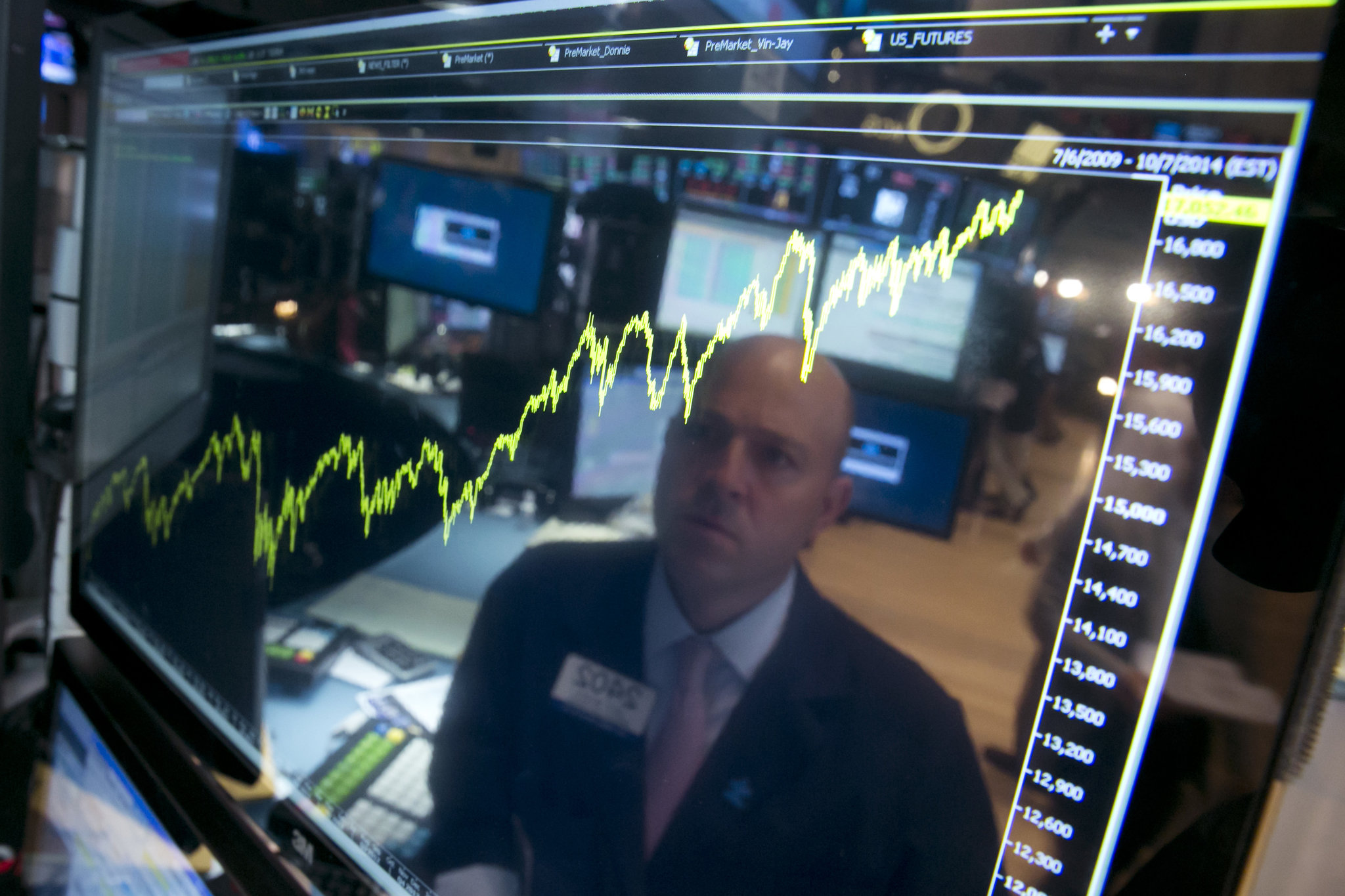Brokerdealer.com blog update courtesy of extract from 17 Sept NYT DealBook, and reporter Susan Antilla
Ron Vaerewyck was making his way through the convention floor at the annual World Money Show in Orlando, Fla., in February 2008 when he stopped by the booth for Reef Securities of Richardson, Tex.
The brochures for Reef’s private placements in the energy industry showed an impressive track record, Mr. Vaerewyck said. By May, after a phone pitch from a Reef broker, he had made the first of several investments that would total $90,000.
After receiving an initial payment in the range Mr. Vaerewyck had expected, though, Reef’s distributions dropped from monthly to quarterly to zero. Mr. Vaerewyck, his wife, and seven other investors wound up suing Reef.
And then, much to their surprise, Reef countersued.
“They said we’d be liable for their legal expenses,” which could have been $400,000 or more, Mr. Vaerewyck said. “That’s a pretty significant piece of change for a group of retired individuals.”
Like Mr. Vaerewyck and the other Reef customers, investors who lose money in private placements face a new obstacle when they take their cases to arbitration before the Financial Industry Regulatory Authority, or Finra, as they are required to do in any dispute. The brokers they have sued are suing them back, accusing them of reneging on indemnification agreements.
The practice, which can intimidate investors already reeling from investment losses, is not widespread. About half of the at least two dozen scattered examples come from one brokerage firm — Berthel Fisher & Company, based in Marion, Iowa. But lawyers who represent investors say it could dissuade the public from making claims against brokers if the strategy were to catch on with other financial products.
“Every brokerage firm out there would do it if they thought they could get away with it,” said Michael D. Kennedy, a lawyer at the White Law Group in Chicago, who represented Mr. Vaerewyck and the other investors who were sued by Reef.
For the full story, please visit the NYT DealBook Blog:




